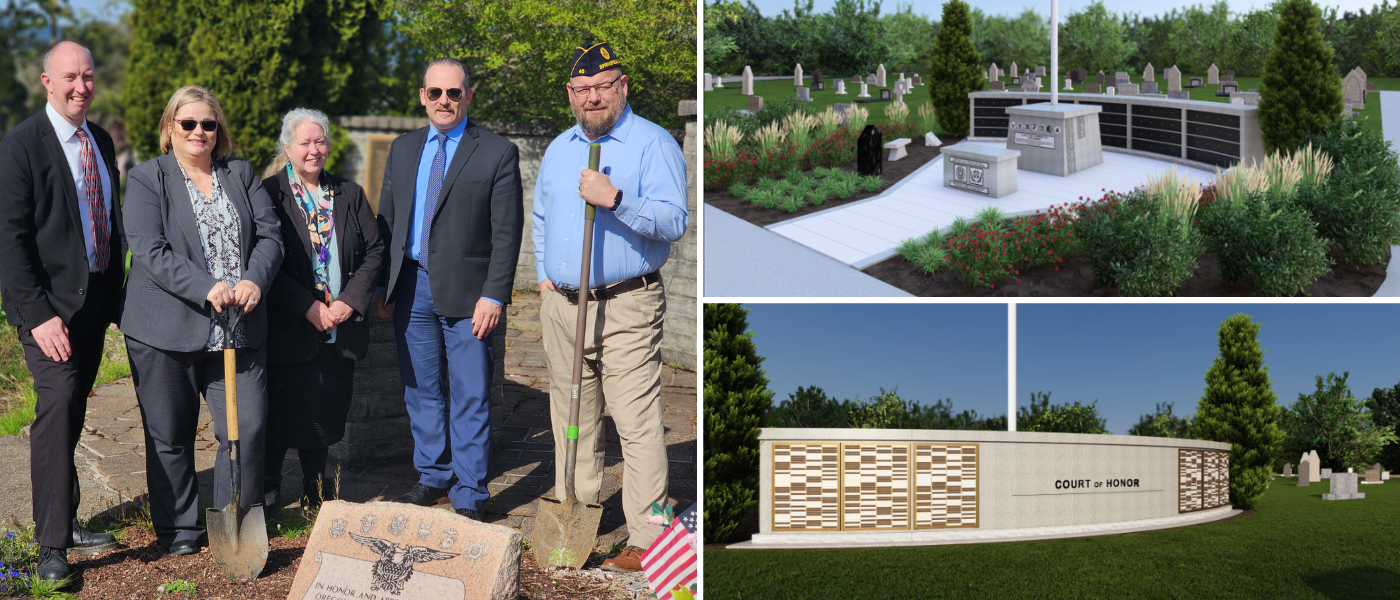When Is the ‘Right’ Time To Go Through Your Late Spouse’s Belongings?
One of the most common dilemmas that the widowed face from both practical and emotional standpoints is deciding when to go through a late spouse’s belongings. How long should you wait? Do you accept offers of help? How do you know when the time is right? Additionally — and there is no getting around it — while continuing forward on your Healing Journey, you will occasionally experience moments of grief. Activities such as going through your beloved’s clothing, selling vehicles, putting away pictures and mementos or moving to another home can also be what are referred to as “triggers”: moments in time that are incredibly difficult because let’s face it — you have been forced out of a life that you never asked to leave.
So how do you know?
Think back to when you became engaged. You tried on about 8,000 wedding dresses, most of which probably looked absolutely beautiful on you. Then you tried on one particular dress and you knew… it was the perfect dress. Did anyone have to tell you that you had found the perfect wedding dress after trying on the other 7,999 dresses? No — you just knew. How did you know it was the right dress? You just knew. What made the difference? Who cares?
You. Just. Knew.
Those of you with children likely purchased every “How to Have a Baby” book starting from the moment that the pregnancy test came up positive. You poured over book after book repeatedly, while waiting with bated breath for all of the signs of labor that these books taught us to watch for vigilantly. Tell the truth — when you actually went into labor, did you need a book to tell you that you were in labor? No. How did you know? You just knew. How did you know you were in labor when it was your first child?
You. Just. Knew.
In the very same respect, the answer to the question of when you should begin the intensely personal part of your Healing Journey known as the “go-through” is quite simple. The right time to begin the process is whenever you decide that the time is right to begin the process — and you will know. You must also remember that you are the one who is in charge, as it is very easy to be influenced by those around you who may have decided on your behalf that “it’s time” — whether you feel like the time is right or not.
Your only real considerations as to timing have to do with fulfilling wishes set forth in a will. You are legally and morally obligated to disburse property as set forth in a will as soon as it is practical and possible to do so. One important note of caution: If at all possible, you should not engage in any go-through process or make any serious financial decisions or changes within the first 90 days after your beloved’s death, even if you are tempted to do so. Emotions are still running quite high during this time period and you do not want to act hastily out of emotion, only to regret your actions later.
What about items that you want to donate or throw away? Believe it or not, there will be things with which you will eventually be able to part — and please do not feel guilty about that either. As you move through this process, you will find that you are also keeping plenty of things as well — and don’t forget the most precious item that you are keeping: the wonderful memories of your life together that you will revisit over and over again.
During this process, you may indeed feel wistful or sad or do a great deal of crying. You may even smile or laugh out loud — all of which is completely normal. Whatever your personal experience, if you go about this process in your way and in your own time, it will ultimately be a peaceful process.
When moving from one home to another, it can feel as though you are leaving a part of your heart behind. However, you must also know that you will never really leave your past life behind. You absolutely can bring your past life, the wonderful memories and those legacies of love with you into your new life.
The pain that can accompany the finality of the go-through and move-out is difficult… but the peace will come. You will one day be able to look at your treasured photographs and smile. You will one day run across something that belonged to your beloved and bask in the memories. Remember too that your experience as a widowed has helped to shape the person that you are now and are in the process of becoming; however, the experience has only helped to shape who you are. It does not define who you are and who you will become. This is a storm that you must only pass through; it is not a storm in which you are sentenced to live for the rest of your life. You will continue forward into a new life that will once again be full of promise…and peace.
[Via: Huffington Post]
Carole’s latest book, “Happily Even After…” has won the prestigious Books for a Better Life Award. For more information about Carole Brody Fleet and Widows Wear Stilettos, please visit www.widowswearstilettos.com
Follow on Facebook at Widows Wear Stilettos
Follow on Twitter: @WidowsStilettos




